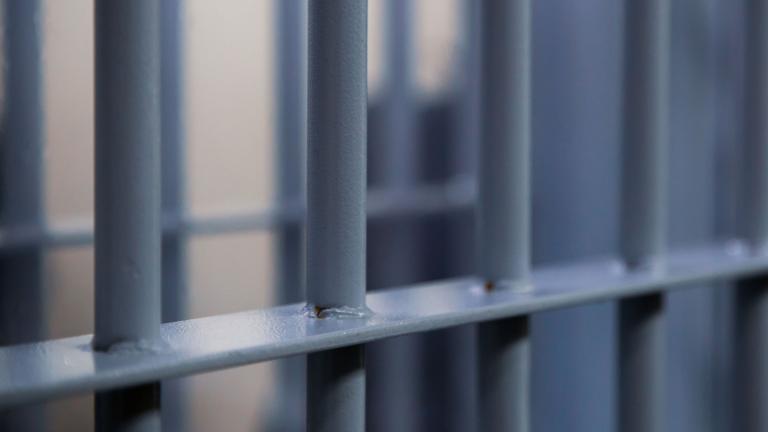Talking and learning together, can we build a more just prison system in Canada—one that serves both those directly involved in it and the needs of society?
Human rights, dignity and justice are for everyone, including those who have been arrested, charged or incarcerated. The Canadian Charter of Rights and Freedoms guarantees equality before and under law, without discrimination, and prohibits cruel and unusual treatment or punishment – yet systemic and intersectional discrimination create injustice throughout Canada’s legal system.
The most obvious evidence is the over‐representation of indigenous individuals in Canada’s prisons, which is persistent and growing. Indigenous people made up over 31% of Canada’s incarcerated population in 2022, despite being just 5% of the overall Canadian population. In Manitoba and Saskatchewan, more than three quarters of prisoners are Indigenous. And more than half of the women in Canada’s prisons are Indigenous. The over‐representation is even worse among youth in custody.
Discrimination goes beyond incarceration rates. Indigenous persons are far less likely than others to receive bail and more likely to be placed in maximum security institutions. They typically serve a higher proportion of their sentences before being released—often without any support programs. Inside prison, they are more likely to be placed in Structured Intervention Units (SIUs) (formerly “segregation”) and to be held there for longer.
Join us for a public conversation at the Canadian Museum for Human Rights that will highlight the pressing need for reform. The event will amplify the voices of individuals and communities who have experienced racism, misogyny and discrimination within Canada’s correctional system. Improved systems, restorative justice alternatives and how we can all work toward meaningful change will be explored.
About this special program
The Museum shares stories to shed light on historic and current systems of oppression. This special program was developed in collaboration with subject matter experts, individuals and communities with lived experience, and advocacy groups. The event is part of the ongoing Behind Racism programming series, which challenges us all to address our own biases and take individual and collective action to work toward ending racism and discrimination.
Panelists
Isha Khan, CEO of the CMHR and a human rights lawyer, will moderate the dialogue and a question‐and‐answer session with the audience. Before joining the CMHR in 2020, Isha gained insight into injustice in the justice system when she was appointed by the Minister of Public Safety to review conditions for people incarcerated in federal penitentiaries. In that role, she directed the release of people from segregation and issued recommendations to improve conditions, including providing better access to mental health services, spiritual programming and other interventions.
Senator Kim Pate, who was a member of the Standing Senate Committee on Human Rights that studied respect for human rights in the federal correctional system, will offer context on the Canadian legal system. A nationally renowned advocate, she will also share her experience working in and around the legal and penal systems of Canada, with and on behalf of some of the most marginalized, victimized, criminalized and institutionalized – particularly imprisoned youth, men and women.
Elder Robert Greene, Elder‐in‐Residence at the Canadian Museum for Human Rights, will discuss how systemic racism in Canada’s justice system affects Indigenous individuals, their families and communities. Indigenous initiatives and community support will also be explored.
The following panelists will offer personal accounts of being victimized within the justice system and share their stories of strength and courage.
Tania Ross, an Opaskwayak First Nation woman who got involved in gangs at a young age, was convicted of second‐degree murder at age 19. She spent 20 years in prison – dark days that included long stretches in segregation, which took a heavy toll. Although she saw other women like her die in prison and expected the same fate, she was able to heal and turn her life around with the help of an Elder. Today, she works with high‐risk youth in Winnipeg, hoping to help them avoid the same mistakes.
Renee Acoby testified to the Standing Senate Committee on Human Rights about the racism, discrimination and human rights violations she was subjected to or witnessed during her 18 years in prison. She also testified before the Senate Legal and Constitutional Affairs Committee regarding Bill C‑83 and the impact of segregation and racist classification systems on Indigenous peoples.
Odelia Quewezance, from the Keeseekoose First Nation, was convicted of second‐degree murder following a 1993 stabbing in Saskatchewan. She was co‐accused with her sister and a cousin. The cousin has taken full responsibility for the murder and the sisters are out on bail awaiting a ministerial review of their convictions.
This event will be recorded.
Please note that this program is subject to change or cancellation without notice.
